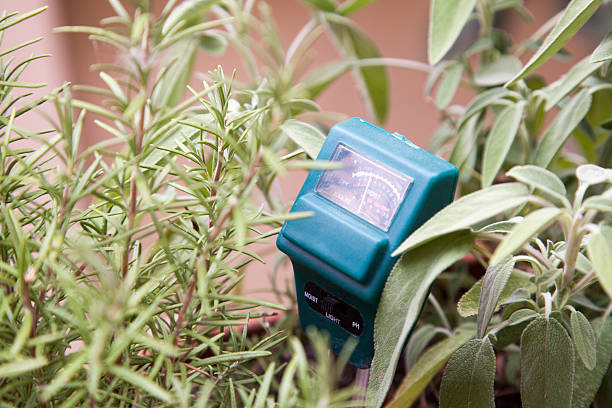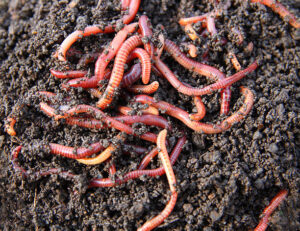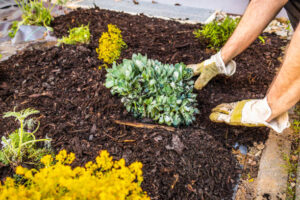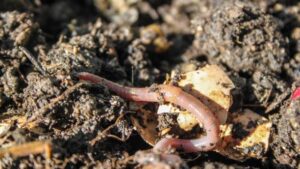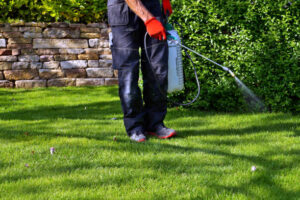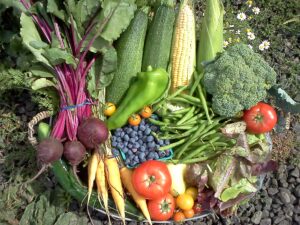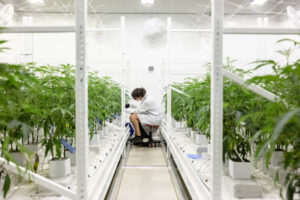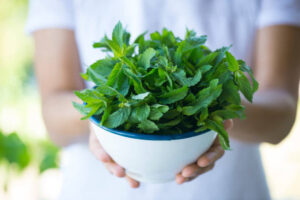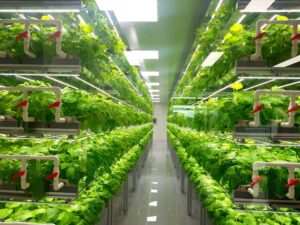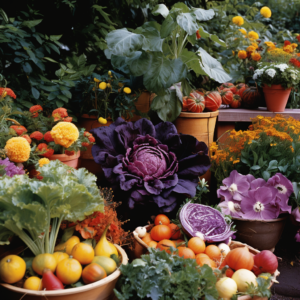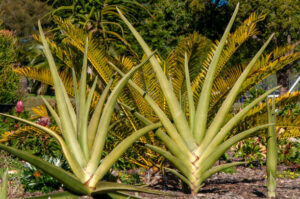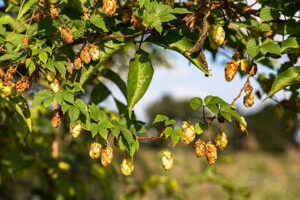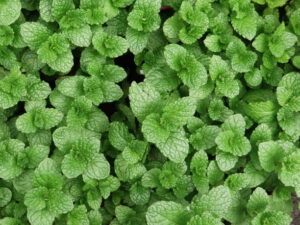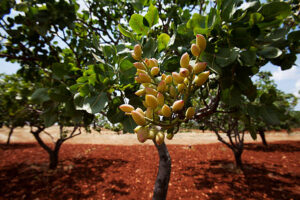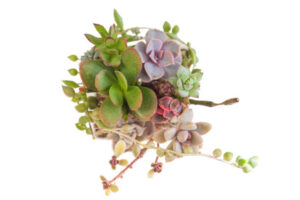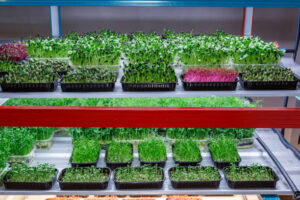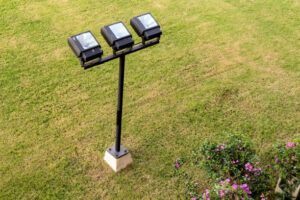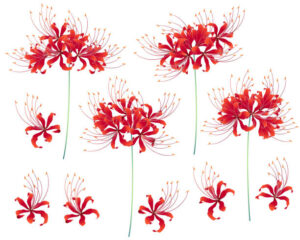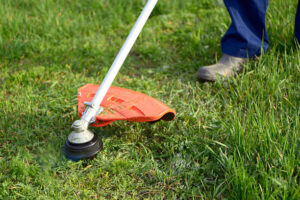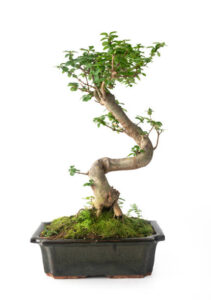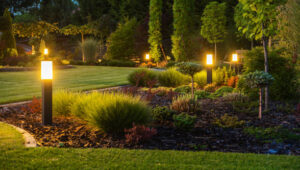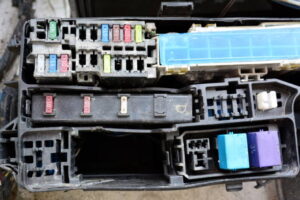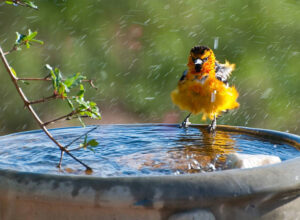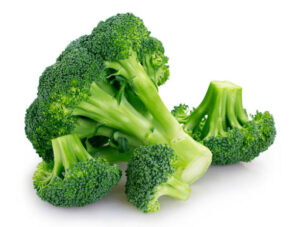Best Soil Moisture Meter: Monitoring Your Garden's Needs
Introduction
In the world of gardening, one of the most crucial factors for plant health and growth is proper soil moisture. Whether you’re cultivating a lush vegetable garden, a vibrant flower bed, or a thriving indoor plant collection, understanding and maintaining the right level of soil moisture is essential. However, determining when and how much to water your plants can be challenging, especially for beginners. This is where a soil moisture meter comes in handy. In this comprehensive guide, we’ll explore everything you need to know about soil moisture meters, including how they work, their benefits, and how to choose the best one for your gardening needs.
Understanding Soil Moisture
Before diving into the specifics of soil moisture meters, let’s first understand why soil moisture is critical for plant health. Soil moisture refers to the amount of water present in the soil, and it plays a vital role in various plant functions, including nutrient uptake, root growth, and photosynthesis. Insufficient moisture can lead to wilting, stunted growth, and even plant death, while excess moisture can cause root rot and other fungal diseases. Therefore, maintaining the right balance of soil moisture is essential for healthy and thriving plants.
Introducing Soil Moisture Meters
Soil moisture meters, also known as soil moisture sensors or hygrometers, are handy tools designed to measure the moisture content of the soil. These devices typically consist of a probe that is inserted into the soil, which then provides readings indicating the moisture level. Soil moisture meters come in various types, including analog, digital, and probe-based meters, each offering different features and capabilities.


Benefits of Using a Soil Moisture Meter
There are several benefits to using a soil moisture meter in your gardening endeavors. Firstly, these tools provide real-time feedback on the moisture level of your soil, allowing you to make informed decisions about watering frequency and duration. This helps prevent overwatering or underwatering, which are common mistakes that can harm plant health. Additionally, soil moisture meters can help you conserve water by ensuring that you only water when necessary, reducing water waste and utility bills. Moreover, these devices are easy to use and suitable for both beginner and experienced gardeners, making them valuable additions to any gardening toolkit.
Using a soil moisture meter in your gardening endeavors
offers several benefits beyond what was previously mentioned. Firstly, these
tools provide a convenient way to monitor soil conditions without relying
solely on visual cues or guesswork. By accurately measuring the moisture level
of the soil, gardeners can tailor their watering practices to meet the specific
needs of different plants and soil types.
One significant advantage of soil moisture meters is their
ability to help prevent the detrimental effects of both overwatering and
underwatering. Overwatering can lead to root rot, fungal diseases, and nutrient
leaching, while underwatering can result in stunted growth, wilting, and
nutrient deficiencies. By using a moisture meter, gardeners can avoid these
issues by ensuring that their plants receive the optimal amount of moisture
they require for healthy growth and development.
Furthermore, soil moisture meters can be particularly
beneficial in regions with unpredictable weather patterns or climates prone to
drought. In such areas, it is essential to conserve water resources while still
providing adequate moisture for plants to thrive. By using a moisture meter to
gauge soil moisture levels accurately, gardeners can adjust their watering
practices accordingly, minimizing water waste and promoting sustainable
gardening practices.
Another advantage of soil moisture meters is their
versatility and ease of use. These devices come in various types, including
analog probes, digital meters, and even smartphone apps, offering options to
suit different preferences and budgets. Whether you’re a beginner gardener or
an experienced horticulturist, soil moisture meters provide valuable assistance
in maintaining optimal soil moisture levels for your plants.
In addition to aiding with watering decisions, soil moisture
meters can also serve as diagnostic tools for identifying underlying issues
affecting plant health. For example, consistently dry soil may indicate
drainage problems or insufficient irrigation, while consistently wet soil could
signal poor soil structure or overwatering. By monitoring soil moisture levels
over time, gardeners can detect and address potential problems before they
escalate, ultimately promoting healthier and more resilient plants.
Moreover, soil moisture meters can be used to assess the
effectiveness of irrigation systems and watering practices. By measuring soil
moisture levels at different depths and locations within the garden, gardeners
can ensure uniform watering coverage and identify areas that may require
additional attention. This can be especially valuable in large or landscaped
gardens where watering needs may vary across different areas or plantings.
Overall, incorporating a soil moisture meter into your
gardening toolkit can enhance your gardening experience and improve the health
and vitality of your plants. With their ability to provide real-time feedback,
conserve water, prevent common watering mistakes, and aid in troubleshooting,
soil moisture meters are indispensable tools for gardeners seeking to optimize
their watering practices and cultivate thriving gardens.
Choosing the Right Soil Moisture Meter
When selecting a soil moisture meter, there are several factors to consider to ensure you choose the best one for your needs. Firstly, consider the type of plants you’ll be monitoring and whether you need a meter specifically designed for indoor or outdoor use. Certain plants, such as houseplants or potted herbs, may require a meter with a smaller probe size suitable for use in containers, while larger outdoor gardens may benefit from meters with longer probes for reaching deeper soil layers.
Additionally, look for meters with features such as adjustable probe lengths, which allow for greater versatility and adaptability to different soil depths and types. An easy-to-read display is also crucial, especially for those with poor eyesight or when working in low-light conditions. Clear and intuitive displays make it easier to interpret moisture readings quickly and accurately.
Durability is another important consideration when choosing a soil moisture meter, particularly if you’ll be using it frequently or in harsh outdoor environments. Opt for meters with sturdy construction and waterproof or water-resistant components to withstand exposure to moisture, soil, and other outdoor elements. This ensures longevity and reliability, even with regular use in challenging conditions.
When it comes to budget, there is a wide range of soil moisture meters available at various price points. While it’s tempting to opt for the cheapest option, it’s essential to strike a balance between affordability and quality. Investing in a higher-quality meter may offer greater durability, accuracy, and additional features that justify the higher upfront cost in the long run. However, that doesn’t mean you have to break the bank; there are plenty of budget-friendly options that still provide reliable performance and accuracy.
Ultimately, the best soil moisture meter for you will depend on your specific gardening needs, preferences, and budget. Whether you’re a casual gardener tending to a few indoor plants or a seasoned horticulturist managing a large outdoor garden, there’s a soil moisture meter available to suit your requirements. By considering factors such as probe type, display readability, durability, and budget, you can make an informed decision and choose a meter that will help you effectively monitor and maintain optimal soil moisture levels for your plants’ health and vitality.
Conclusion
A soil moisture meter is a valuable tool for any gardener looking to optimize plant health and maximize yields. By providing accurate and timely information about soil moisture levels, these devices empower gardeners to make informed decisions about watering, ultimately leading to healthier, more vibrant plants. Whether you’re a novice gardener or a seasoned green thumb, investing in a quality soil moisture meter is sure to elevate your gardening experience and help you achieve greater success in cultivating thriving gardens.

